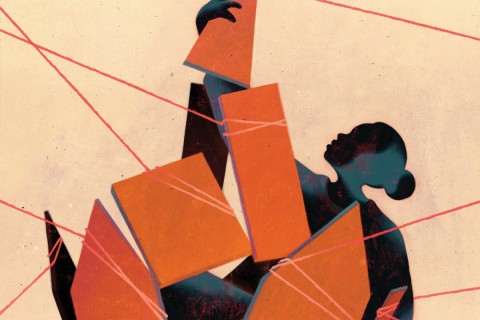How safe can we be?
Heated debates about whether a Muslim cultural center with a mosque should be built in the proximity of Ground Zero are about many things-- about freedom, memory of atrocity, prejudice and American identity; about rallying constituencies in the search for political power, and more. But none of these issues would be debated with nearly as much intensity if the underlying issue were not security.
September 11, 2001, did not create an insecure world, but it became for us an indicator, a symptom of the insecure world in which we live. Human beings have always lived with insecurity, but today's world has its own peculiar forms of it. Some time ago, German sociologist Ulrich Beck suggested that we live in a "risk society." Unlike in previous eras, he says, when the majority of our risks came from natural sources, today the majority of our risks are "manufactured." We humans create them. Most involve technological innovation, which always takes us into new and unpredictable situations. For example, a few years back the news reported that "higher levels of chemicals often found in plastic food and drink packaging are associated with cardiovascular disease." Plastic packaging, which had seemed a useful invention, was exposed as a danger.
Surrounded by risks, we seek to reduce them, even eliminate them. It is not only that the loss of any life is one loss too many; now the loss of anything of value is loss that we cannot accept. Our goal is inviolability, total security. From one perspective this seems like the most natural of goals. But is it? Can we ever achieve inviolability? And even if we can, what would it cost us? We often think of economic costs in this regard (as we should, since in our overreaction to 9/11 we have squandered billions in the name of security). But I have in mind primarily human costs, costs to us as we try to "securitize" ourselves, and costs to our neighbors.




